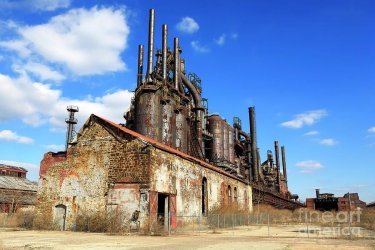task0778
Diamond Member
Assuming that it is cheaper, otherwise why are we importing more Canadian steel than from any other country? Are their labor costs lower, or do they subsidize their steel like China does? Same question for Mexico and the EU, we don't get much of our steel from China, so what's going on here? Provide links please.


